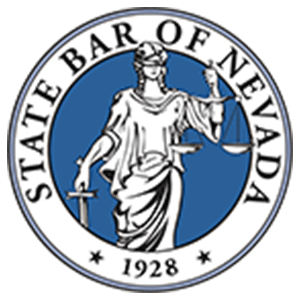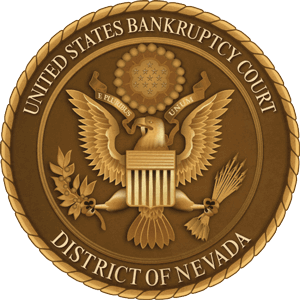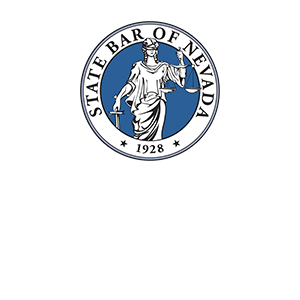Foreclosure FAQ
Foreclosure is a legal process to take away your title to real estate. Simply stated, it is a way of repossessing real estate. But unlike a repossession, the right to foreclose is controlled by state law.
For example, a Lender with a mortgage or deed of trust can foreclose on real estate by following state laws. Most often, the Lender financed the purchase of real estate. However, others can also foreclose on your real estate. Some examples of circumstances where this can happen include –
- A “home equity line of credit” loan. This loan is just another mortgage, so the Lender can foreclose on your property if unpaid.
- Your Home Owners Association and the County Tax authority can and will also foreclose and sell your property by following state law.
- The IRS can also foreclose on your property, and finally,
- Other creditors can also foreclose and force a sale of your property unless you have protected it by recording a “Homestead.”
While your Lender is not required to work with you to prevent a foreclosure, if you have a good history of paying your mortgage, ythey might do so if you contact them as soon as you start missing payments.
The rule is “money talks!” Offer a down payment in cash and commit to future payments. Explain how you got behind and why things are different now. Don’t lie because you will never get a second chance with your Lender if you are not completely honest. Once your Lender goes to the trouble of recording a “Notice of Default” against you, most will refuse to take any partial payment from you and require paying the entire past-due amount.
When someone defaults on their mortgage, they won’t feel ignored. Realtors will reach out to you offering to sell your house immediately. You will receive telephone calls, letters, and even postcards with offers of help, often from those looking to take advantage of you. Please beware of high-pressure offers of assistance, especially from those with no professional qualifications.
Wouldn’t it be wonderful if you could stop a foreclosure with a mortgage modification program? But unfortunately, many lenders will waste your time asking you to fulfill their unrealistic barriers.
At Las Vegas Debt Settlement, we have experience negotiating with creditors, including mortgage companies. So our team can contact your Lender to see if they will work with you “in good faith” or if they are playing games and wasting your time.
If negotiations fail, Las Vegas Debt Settlement has one final way to stop a foreclosure – in a Chapter 13 Bankruptcy.
In Chapter 13, you and your attorney offer a Plan to the Court that lets you resume making ongoing mortgage payments. Your Plan must also describe how you will pay off the past-due mortgage debt. Las Vegas Debt Settlement can customize a Chapter 13 Plan based on your circumstances. Each one is different. The Plan lets you take up to five years to pay off your past-due mortgage debt. Loopholes are also available to stop late fees. Further, you might be able to eliminate many other debts, giving you more money to save your property from foreclosure.
Would you like more information about stopping a foreclosure? Request a same-day call from our team at (702) 551-3256 or schedule a comprehensive consultation with Debt Solutions attorney Dorothy Bunce. The initial consultation is always free.




